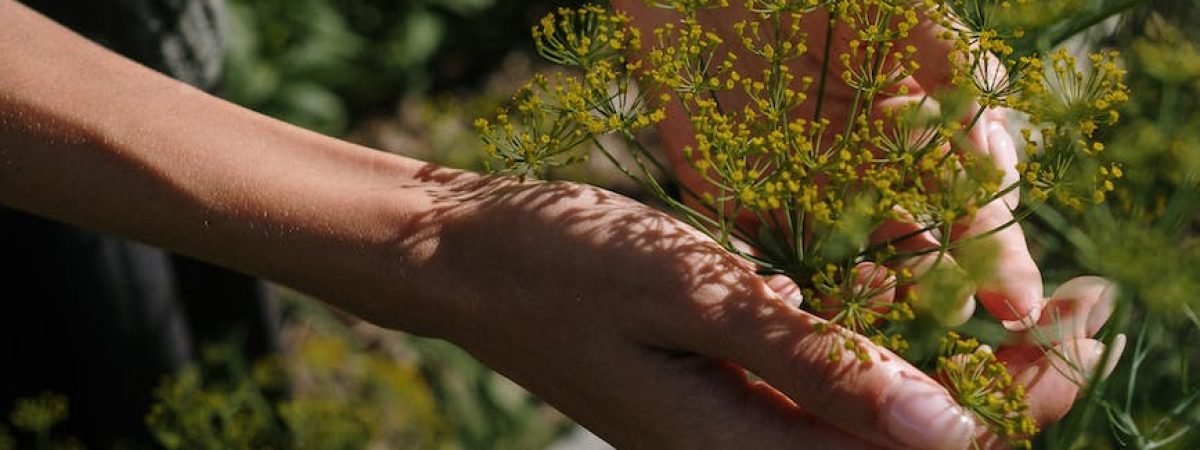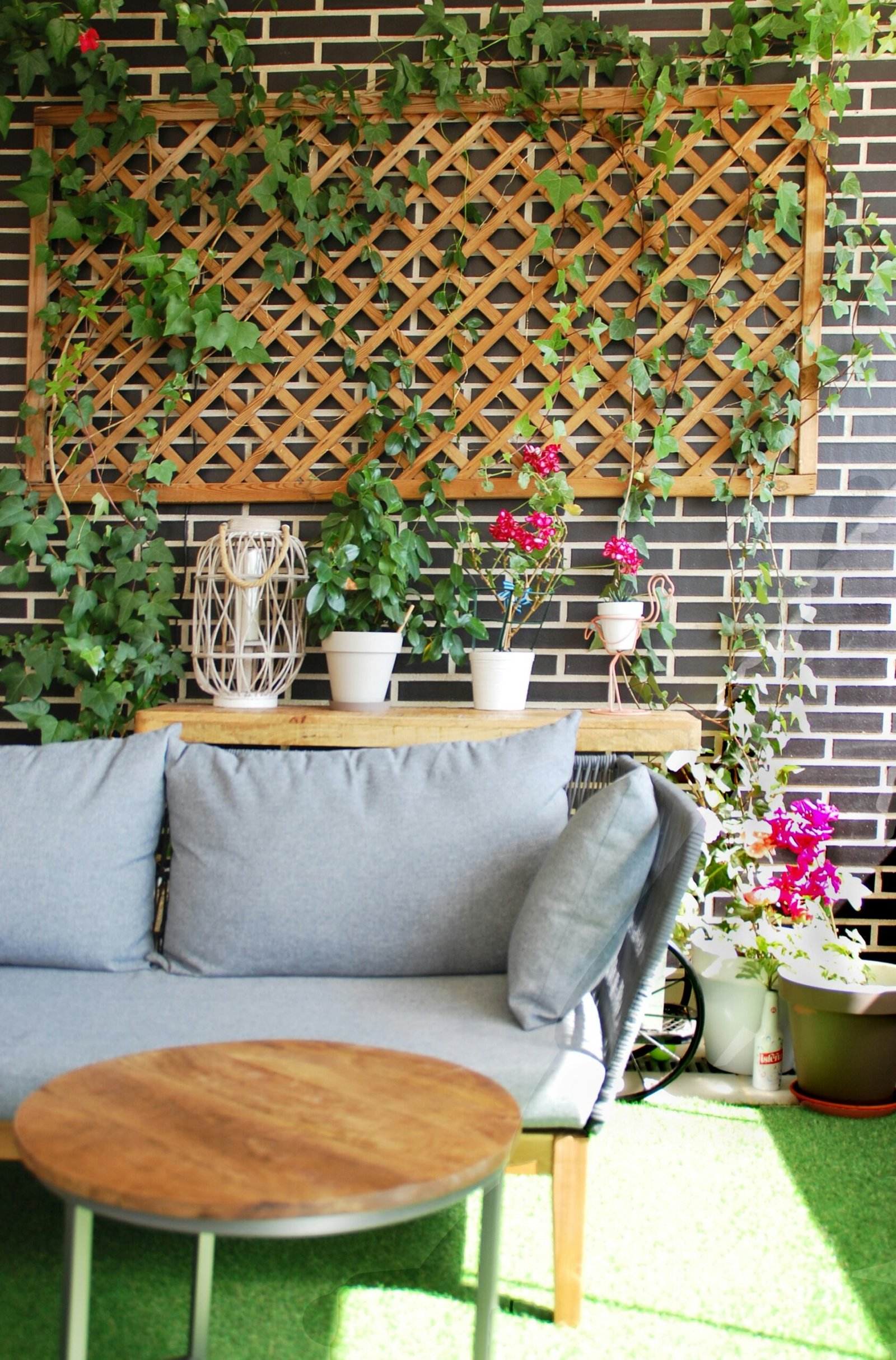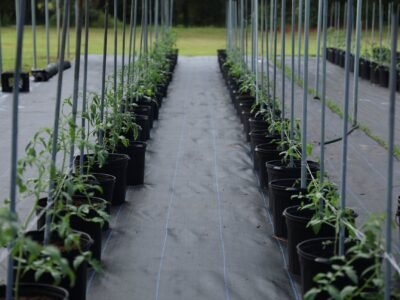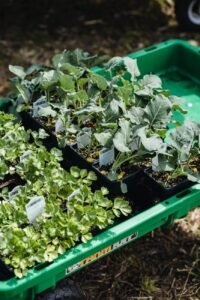Gardening is a wonderful hobby that allows you to connect with nature, beautify your surroundings, and even grow your own food. Whether you’re a beginner or have been gardening for years, there’s always something new to learn. That’s why we’ve gathered some expert tips from the pros to help you take your gardening skills to the next level.
1. Start with Good Soil
The foundation of a successful garden lies in the quality of the soil. Before planting anything, make sure your soil is well-drained, rich in organic matter, and has the right pH level for the plants you want to grow. You can test your soil using a home testing kit or send a sample to a local agricultural extension service for analysis.
2. Choose the Right Plants
Not all plants thrive in every climate or type of soil. Research the plants that are best suited for your region and growing conditions. Consider factors like sunlight, temperature, and water requirements. By selecting plants that are well-suited to your environment, you’ll have a higher chance of success.
3. Plan Your Garden Layout
Before you start planting, take the time to plan out your garden layout. Consider the mature size of each plant and their spacing requirements. This will help prevent overcrowding and ensure that each plant has enough room to grow and access sunlight. Additionally, grouping plants with similar water and sunlight needs together can make maintenance easier.
4. Provide Adequate Watering
Watering is a critical aspect of gardening, but it’s important to find the right balance. Overwatering can lead to root rot and other problems, while underwatering can cause plants to wither and die. The key is to water deeply and infrequently, allowing the soil to dry out slightly between waterings. Consider using a drip irrigation system or soaker hoses to deliver water directly to the roots.
5. Mulch, Mulch, Mulch
Applying a layer of mulch around your plants offers numerous benefits. Mulch helps retain moisture in the soil, suppresses weeds, and regulates soil temperature. It also adds organic matter to the soil as it breaks down over time. Use organic mulch, such as wood chips or straw, and apply it in a layer about 2-3 inches thick around your plants.
6. Regularly Monitor and Control Pests
Garden pests can wreak havoc on your plants if left unchecked. Regularly inspect your garden for signs of pests like aphids, slugs, or caterpillars. If you spot any, take appropriate action to control them. This can include using natural predators, organic insecticides, or physical barriers like netting or row covers.
7. Practice Proper Pruning
Pruning is an essential gardening technique that helps promote healthy plant growth and shape. Learn how and when to prune different types of plants, as improper pruning can harm your plants. Remove dead or diseased branches, thin out crowded areas, and shape your plants to maintain their desired form.
8. Feed Your Plants
Plants need nutrients to thrive, so it’s important to provide them with regular feeding. Use organic fertilizers or compost to enrich the soil and supply essential nutrients. Follow the recommended application rates and timing for the specific plants you’re growing.
9. Stay on Top of Weeds
Weeds can quickly take over your garden and compete with your plants for nutrients and water. Regularly weed your garden beds to keep them in check. Consider using mulch or landscape fabric to suppress weed growth.
10. Be Patient and Learn from Mistakes
Gardening is a journey, and not every plant will thrive as expected. Be patient and learn from your mistakes. Gardening is about experimentation and discovery. Embrace the learning process and don’t be afraid to try new things. With time, you’ll become a seasoned gardener.
By following these tips from the pros, you’ll be well on your way to creating a successful and thriving garden. Remember, gardening is not just about the end result, but also the joy and satisfaction that comes from nurturing and watching your plants grow.















